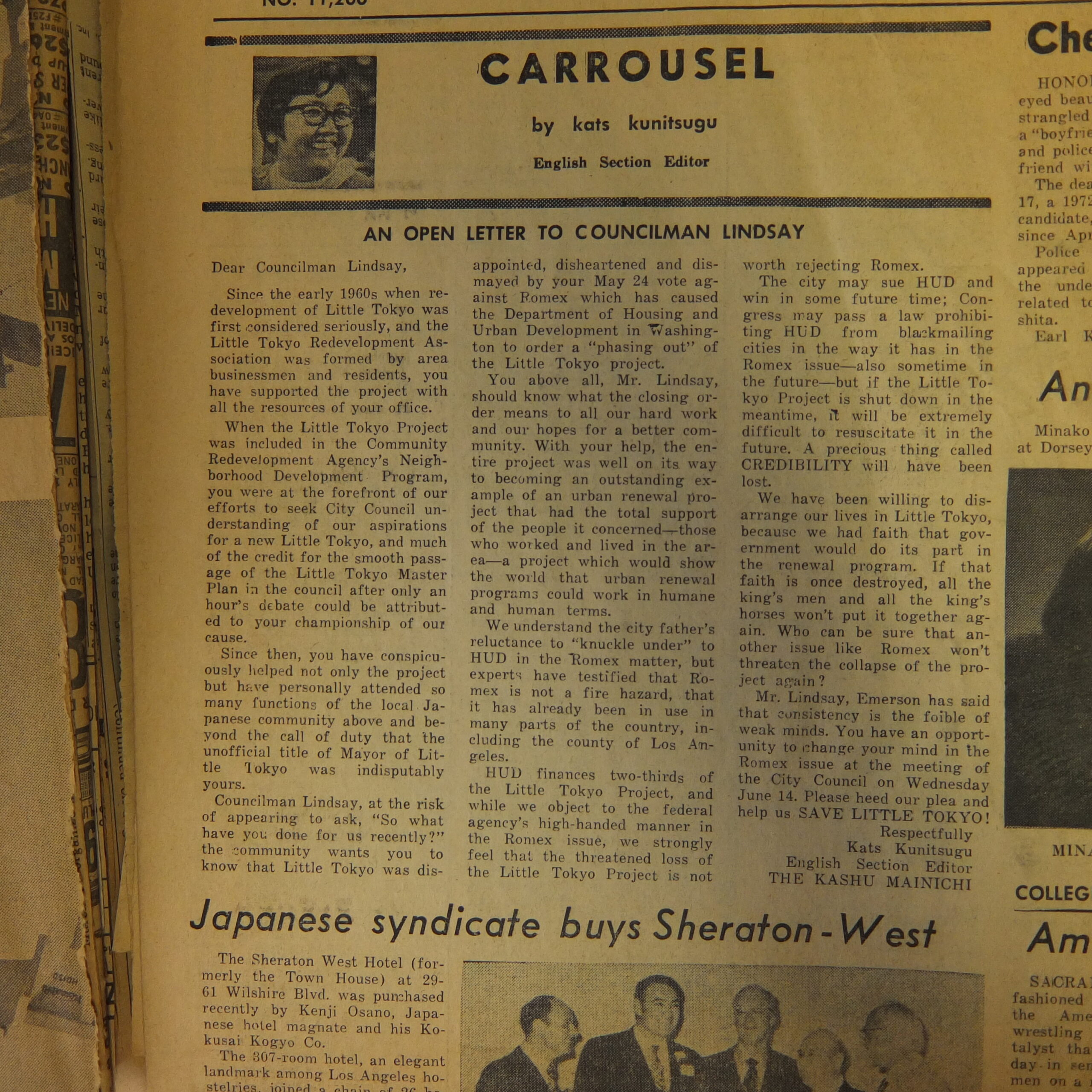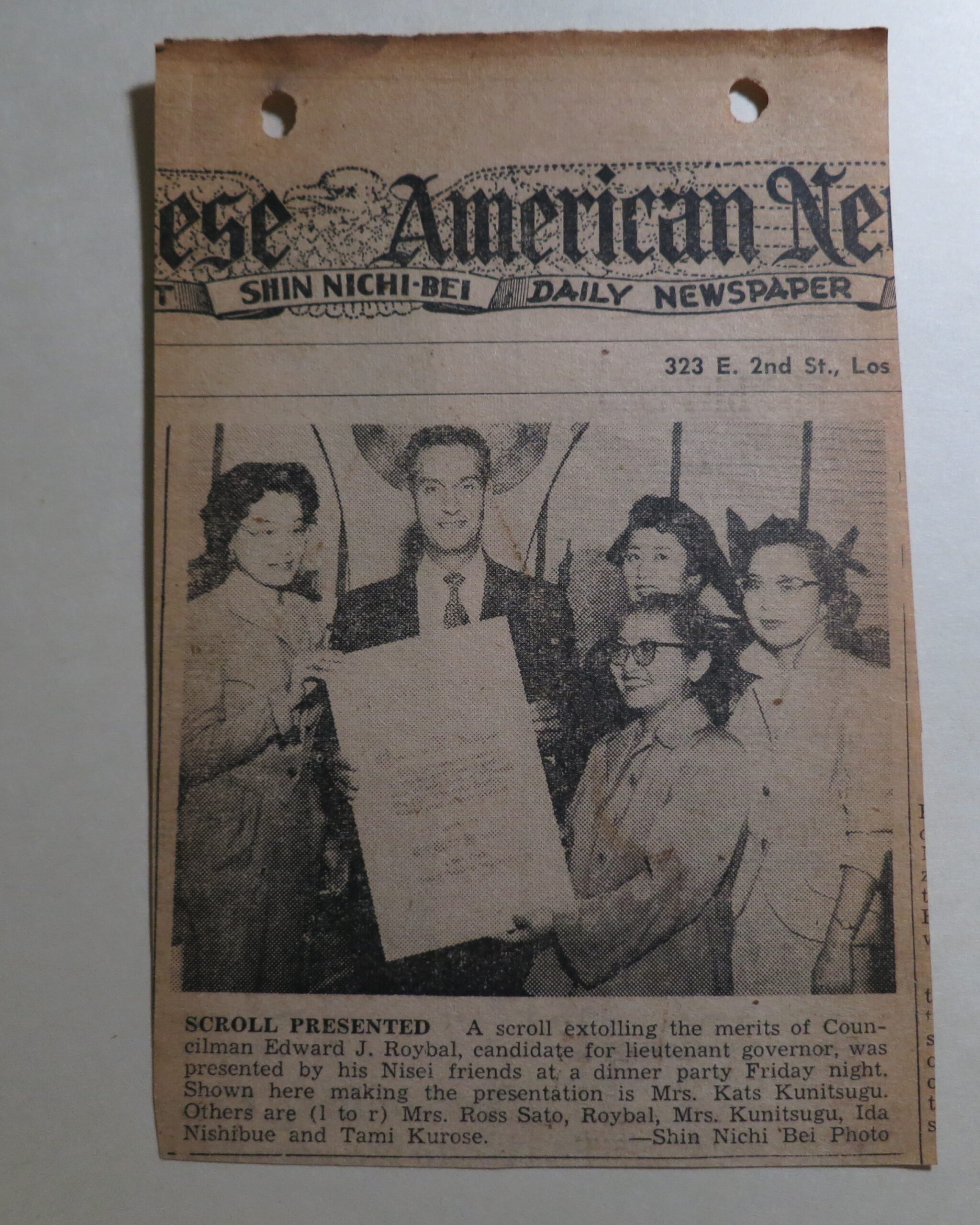As I was drafting this, and doing research, I found out that there are some relatively wealthy people living in public housing. I knew about the HACLA policy that allowed it, but this was in another city.
There were a few other stories about this problem, which I don’t think is really a problem.
What I don’t grasp is why the housing authority doesn’t charge these tenants more. They should be charged market rate for the same size apartment, or 1/3 of their income, whichever is less.
It seemed like the agencies were underpricing their apartments. They need to use the actual market price, not some regional price, or the price the subsidies pay to maintain the unit. These units are in cities.
So, if there’s a 3 bedroom apartment in public housing in Los Angeles, and the tenants are making 100k a year, they should be charging upwards of $2500. If the tenant doesn’t like it, they can leave. I think many people would stay, if the apartment were decent. The only real competition is from the banks, which are willing to lend money to these residents, to buy a house.
The agency should use the profit to buy more property. That’s what for-profit landlords do. That’s what nonprofits can do.
Presumably, the housing was built inexpensively enough, so the profits could be pretty high.
The housing should be seen as an investment in people. As people earn more money, the agency gets more money, and can expand to meet its mission. The agencies might even figure out how to bring some adult education into the projects, so people can make more money, and pay more rent.
It’s not any different than how we pay for a child’s education today, in the hope that they will pay taxes in the future.



Leave a Reply